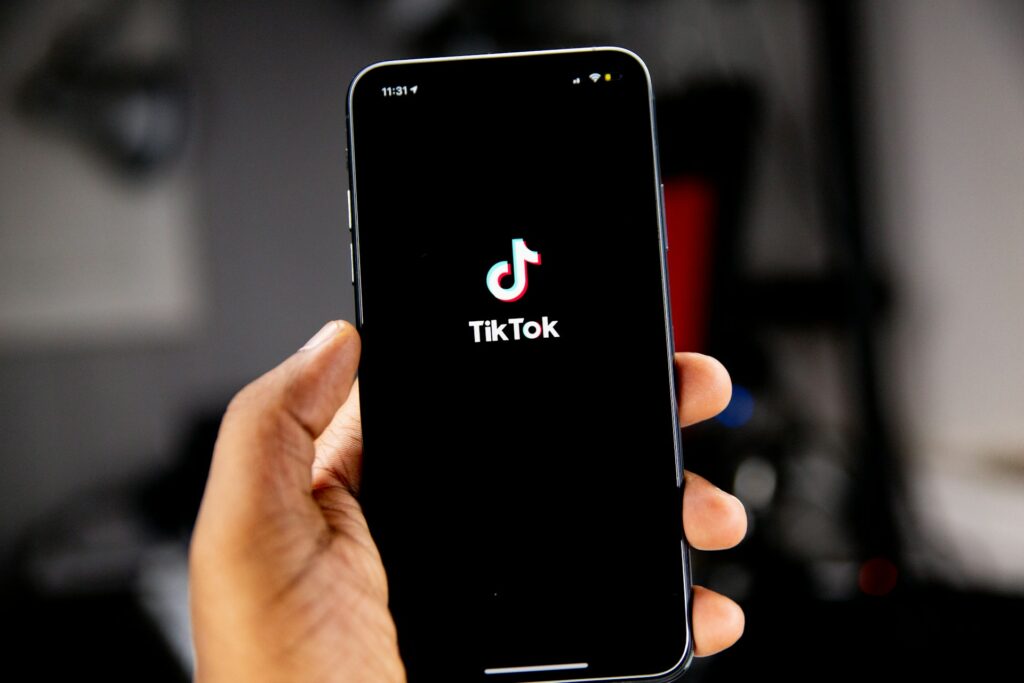
(Scypre.com) – President-elect Donald Trump has called on the United States Supreme Court to postpone a forthcoming ban on the popular social media platform TikTok, emphasizing his preference for addressing the issue through political dialogue rather than immediate legal action. In a legal brief filed on Friday, Trump’s lawyer stated that the president-elect “opposes banning TikTok” and seeks a chance to resolve the matter “through political means once he takes office.”
The Supreme Court is scheduled to hear arguments on January 10 concerning a law requiring ByteDance, TikTok’s Chinese parent company, to sell the app to an American entity or face a ban effective January 19—just one day before Trump’s inauguration. U.S. officials and lawmakers have raised concerns about TikTok’s alleged connections to the Chinese government, claims that ByteDance has consistently denied.
These allegations—affecting an app with an estimated 170 million users in the United States—prompted Congress to pass a bill in April, signed into law by President Joe Biden, mandating ByteDance’s divestiture or TikTok’s prohibition. In response, TikTok and ByteDance have mounted multiple legal challenges, arguing that the legislation undermines free speech protections in the U.S. However, they have seen little success in court. With no American buyer for TikTok emerging, the Supreme Court represents the companies’ final hope to avert the looming ban.
While the court previously declined to issue an emergency injunction against the law, it has agreed to hear arguments from TikTok, ByteDance, and the U.S. government on January 10, just days before the ban’s implementation. The stakes are high as TikTok’s legal team contends that the law represents a fundamental threat to American constitutional freedoms, particularly the First Amendment.
Trump recently met with TikTok CEO Shou Zi Chew at his Mar-a-Lago estate in Florida to discuss the situation. In his court filing on Friday, Trump characterized the case as presenting “an unprecedented, novel, and difficult tension between free-speech rights on one side, and foreign policy and national security concerns on the other.” While the filing noted that Trump takes no formal position on the legal merits of the dispute, it argued that extending the January 19 deadline would provide an opportunity to find a political resolution to the issue, avoiding the need for judicial intervention.
The U.S. Department of Justice has defended the legislation, asserting that TikTok’s alleged links to China’s government pose a significant national security risk. This stance has been echoed by several state governments, with nearly two dozen attorneys general, led by Montana’s Austin Knudsen, urging the Supreme Court to uphold the law compelling ByteDance to divest or face a ban.
Earlier this month, a federal appeals court rejected a challenge to the legislation, describing it as “the culmination of extensive, bipartisan action by Congress and successive presidents.” The ruling reinforced the idea that the law was enacted to safeguard U.S. security interests.
Interestingly, Trump’s position on TikTok has evolved since his first term as president, when he supported a potential ban on the app. In December, Trump publicly expressed his opposition to the current ban, suggesting that TikTok had played a role in his success with younger voters. “I have a warm spot in my heart for TikTok because I won youth by 34 points,” Trump said during a press conference, though official results indicate a majority of young voters backed his opponent, Vice President Kamala Harris. “There are those that say that TikTok has something to do with that,” he added, hinting at the platform’s influence on political engagement among younger demographics.
As the legal battle intensifies, the resolution of this high-profile case will likely set a precedent for how the U.S. balances free speech with national security concerns in the digital age.